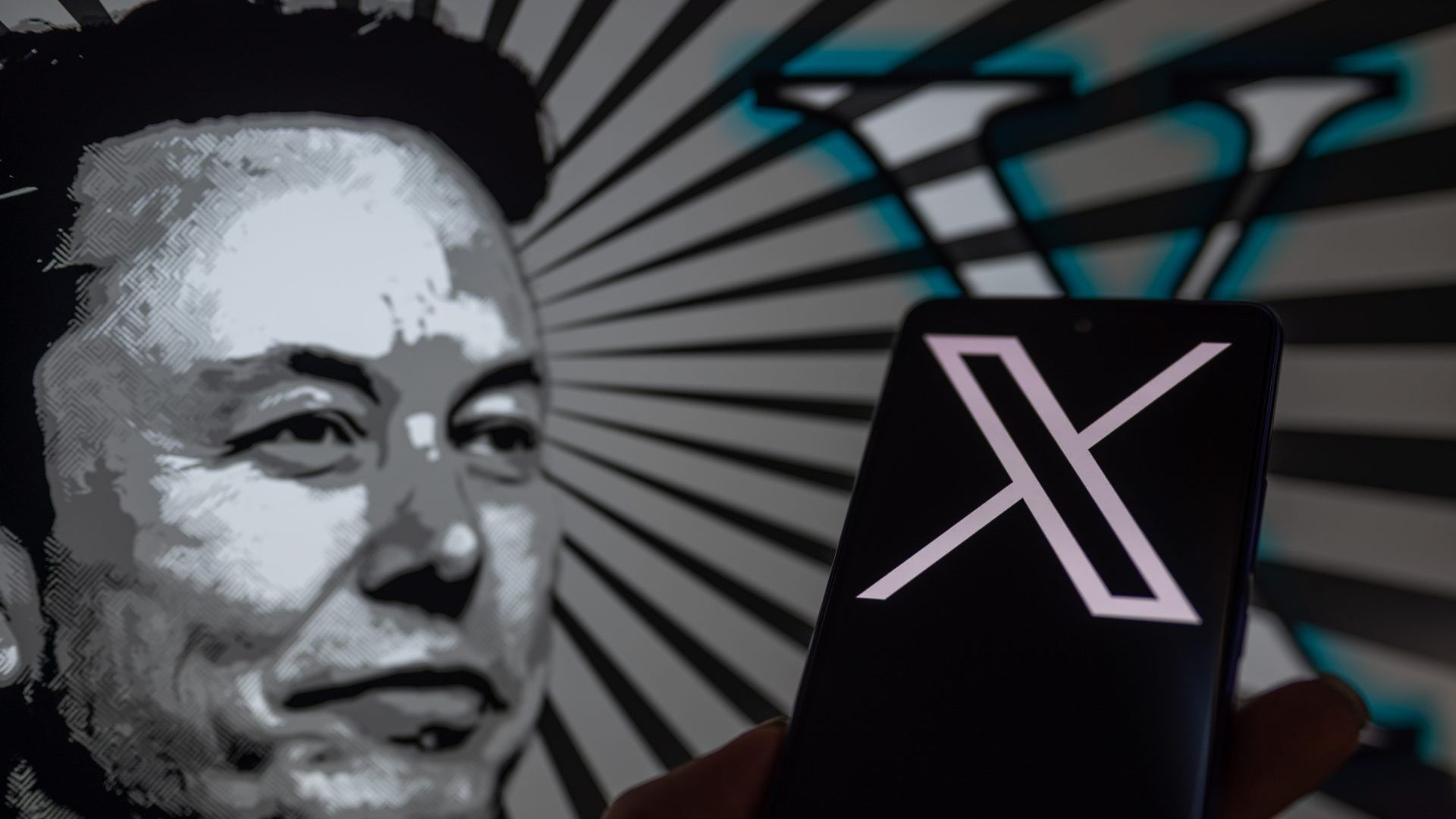This week there is more than enough horror on the internet for anyone. The monstrous attack by Hamas on civilians across Israel has set up an unusual situation in which the people in charge on both sides of the conflict may believe they are well served by horrific imagery being widely available.
Hamas wants much of the horror of the attacks out there for its propaganda – and as Israel mourns, the far right coalition Israeli government led by Benjamin Netanyahu would rather its citizens focus on the barbarity of the attack than the intelligence failures that failed to identify the buildup of Hamas forces, even if that is surely a doomed affair in even the medium term.
With so much genuine graphic imagery and video on hand, the last thing the world needs is a whole bunch of fake or misleading imagery added to the pile – and so inevitably, that is what is being produced, on an industrial level, for the stupidest of reasons. And the dissemination of it has brought Elon Musk into a collision course with the EU.
There is a nihilistic online subculture that takes a bizarre form of joy in misleading people – and especially news outlets – during even the grimmest of world events. People re-post videos from other countries and conflicts, fake images, create fake accounts from news outlets, and even post video game footage as real events.
This has always existed, and dealing with it is one of the more serious responsibilities of operating a modern social network. Needless to say, it is a bar that Musk’s X – the site we all still call and think of as Twitter – has once again completely failed to clear.
As a result, Thierry Breton, the commissioner responsible for the EU’s new digital services act which partly covers content on social media, has written to Musk, asking for implement policies to remove the content, and given him 24 hours to respond.
If Musk does not comply, he can face a fine of up to 6% of Twitter/X’s global revenues – which would have equated to £214million last year – or a complete blackout of the network in EU countries.
How has it come to this? Twitter/X doesn’t have clear enough policies any more, has nowhere like enough staff to enforce them, and despite sincere and reportedly herculean efforts by the small cadre of professionals actually still at the company, the site is swarmed with misinformation, much of it graphic.
This still matters: fewer of us have abandoned Twitter than said we were going to. For many people, including many working journalists, Twitter is still something we reflexively turn to at the time of major world events.
If its workings were just being neglected, that would be bad enough. But instead, its very structures have been reprogrammed not merely to make tackling misinformation harder, but to actively encourage power users to produce it.
Several decisions made personally by Musk have acted together to make it so that X/Twitter actively finances malicious misinformation during times of conflict. The most obvious change is making verification merely a paid-for service, and requiring news organisations to pay a much higher fee for verification.
Many have, understandably, decided not to foot for the bill for tackling misinformation on a social network they don’t own. That means that blue tick promotion is open to anyone. It is then heavily prioritised both in feeds and in replies.
Musk has also reworked the algorithm to punish posts with links that might take people off Twitter – for example, to a full and reasoned argument – in favour of those that keep someone on the site for longer. This favours video and threads posted directly to Twitter.
To finish off this toxic cocktail, add in that X/Twitter now shares revenue with verified creators who meet certain view thresholds, and you have created huge incentives to post whatever will get the most attention – with seemingly no quality control or demonetisation for false content (which is an extensive component of YouTube safety features).
In other words, and to put it plainly: this foul miasma over what is supposed to be the online public square is not the consequence of Elon Musk’s neglect. It is the inevitable result of his deliberate decisions.










